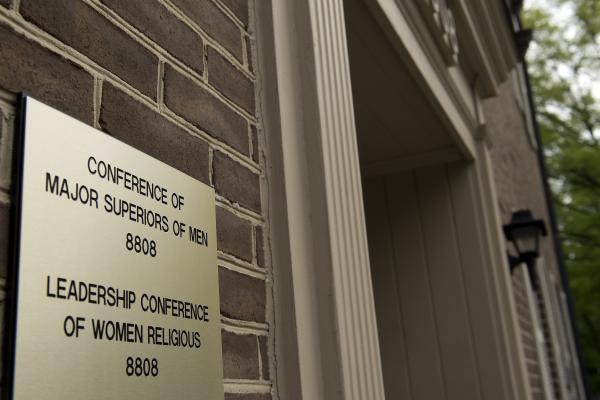After four days of meetings, the LCWR board — which represents 80 percent of American Catholic sisters — on June 1 issued a four-paragraph statement that, in stunningly clear language, called the Vatican to “openness, honesty, and integrity.”
The same day, Seattle Archbishop Peter Sartain took 26 lengthy paragraphs to reflect in America magazine on the history of sisters in the United States and on his role as the Vatican’s point man to oversee the LCWR for the next five years: “No one expects that such a sensitive task will be accomplished quickly or effortlessly, but by God’s grace and with mutual respect, patience and prayer it can be indeed accomplished for the good of all. Challenges larger than this have been met before, with renewal and even deeper faith the outcome.”
The LCWR has a long history of standing with those on the margins of power, and now they find themselves in much the same spot. As Pax Christi noted when honoring the sisters in 2010, the LCWR is composed of “strong, prophetic, and compassionate women … always on the front lines where the weak and most vulnerable suffer at the hands of violent and unjust power.”
Read the Full Article

